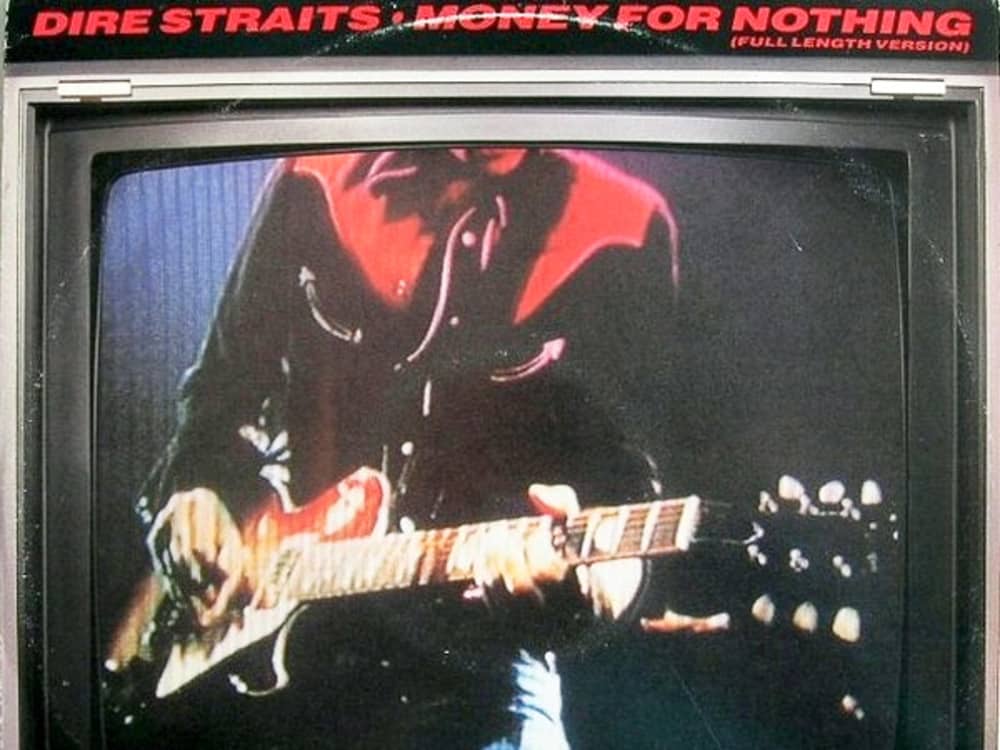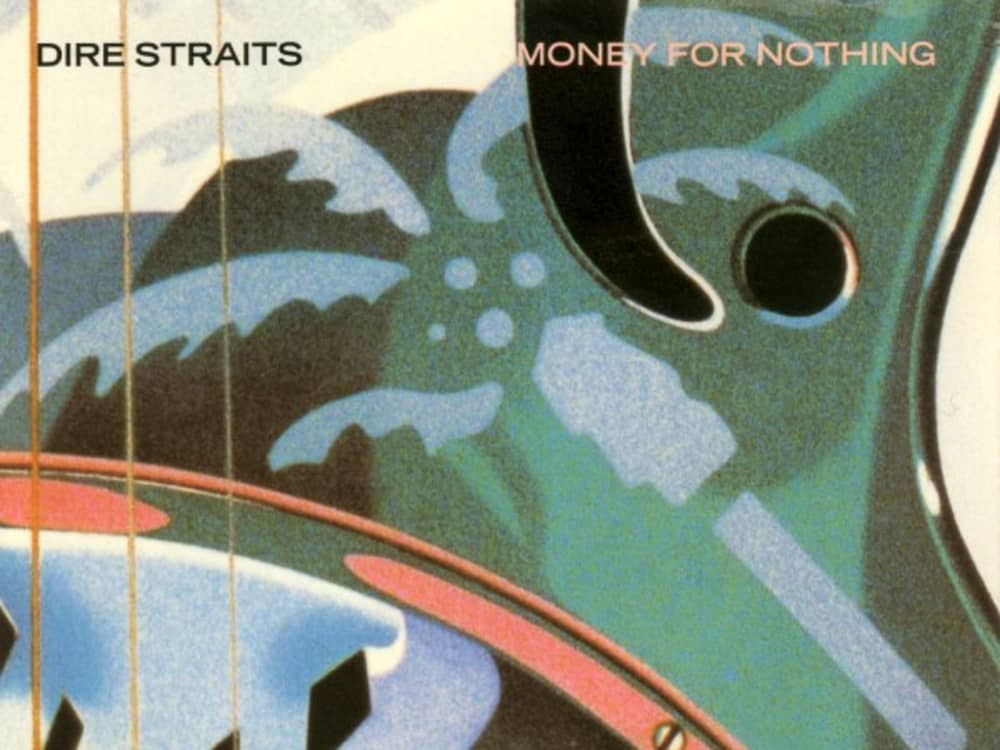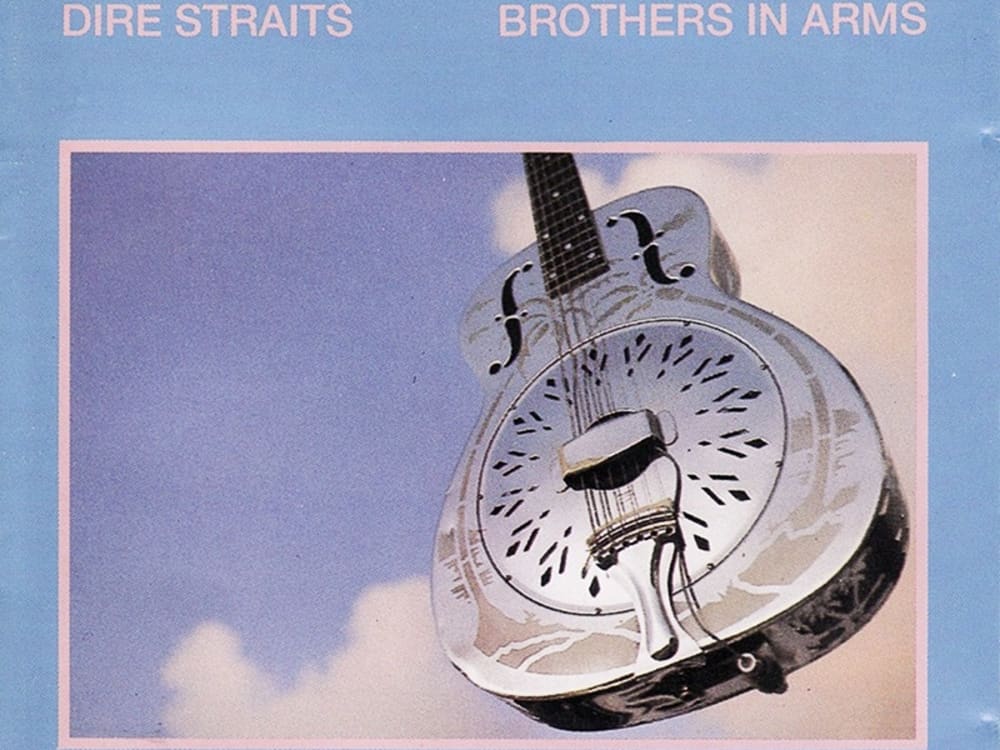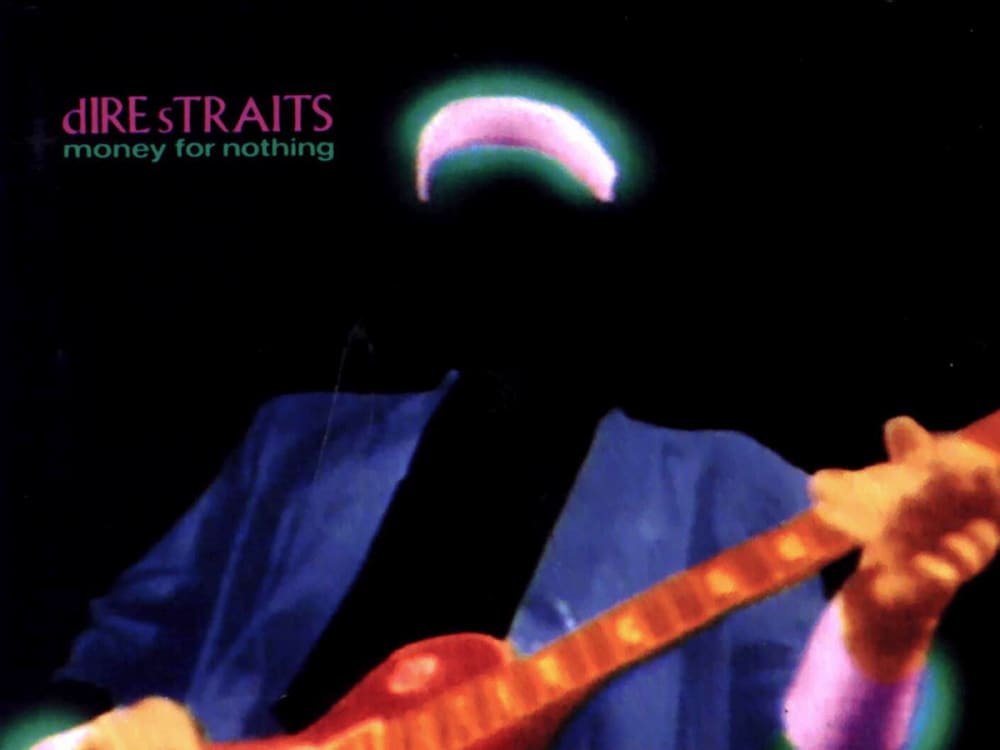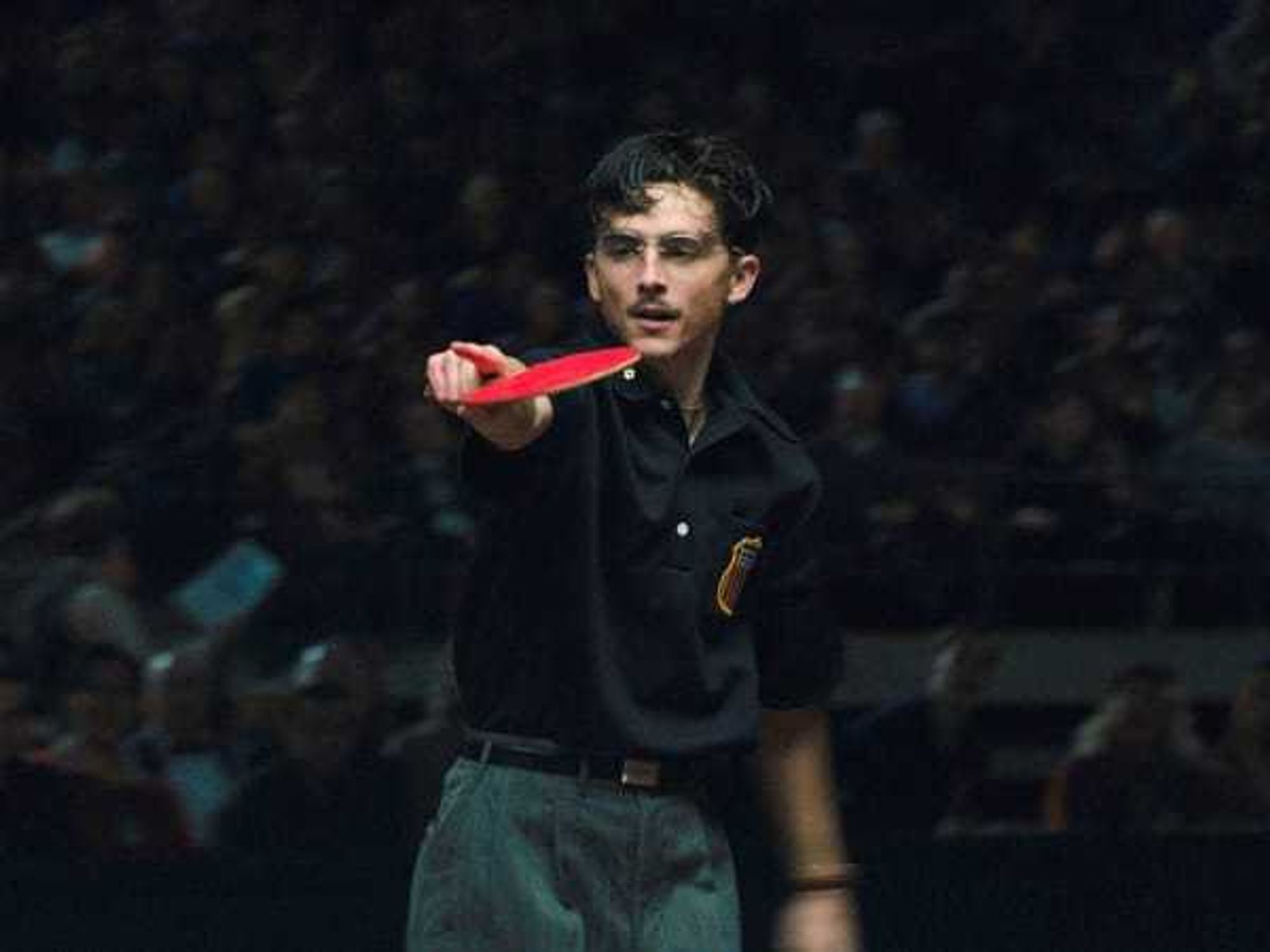Crazy '80s
Before the Jersey Shore wasteland: When MTV mattered & chicks were free
This is the second in a series of stories celebrating the unforgettable songs (even if you thought you've forgotten them you haven't, trust us) from arguably the craziest music era of all time: The '80s. Whether this was the music of your youth or long before your time, a little bit of the '80s surely lives in you.
I cannot express how much I loved MTV as a kid. I was a bit of a late-comer to the party. I think my cable company added it sometime in early 1984, three years after the network’s debut and not long after “Thriller” changed the whole ball-game.
By that time, I had been introduced to videos by HBO’s Video Jukebox and then I devoured every episode of NBC’s Friday Night Videos guzzling Pepsi so I could make it up till 12:30 a.m. and see which video would emerge victorious in the weekly showdown.
But I knew that these were just hollow imitations of the real thing, and when I stumbled upon MTV one day, the cable company having snuck it in under my nose, “Possession Obsession” by Hall & Oates playing before my eyes, I was immediately enraptured.
I never seemed to tire of the endless parade of music, even when certain videos would get played about 63 times a day. MTV could make them seem like an event, whether they were playing them in weekly countdowns, or labeling the newest videos as “sneak-preview” to make us feel like we viewers were privy to very special programming, or hyping up the world-premieres of the most anticipated songs.
“Money For Nothing” might well have been the zenith of my MTV experience. This was no ordinary World Premiere Video, because MTV was even devoting portions of its news breaks to promoting this song and its “breakthrough” video, which featured the at-the-time revolutionary use of computer animation. And when the thing premiered, it felt like all of the hype had been warranted.
Right from the start, with the animated Stan Laurel-looking mover watching MTV and the musical intro, with its Floydian keyboards and rumbling drums, the whole thing had a sci-fi vibe of exploration to it. Then he gets sucked into the television by the pure force of Mark Knopfler’s legendary riff and off we go.
Of course it was animation, but as a kid I think I suspected that Mark’s guitar turned pink in the video simply because it exuded so much heat.
The song itself is one of rock and roll’s greatest examples of found dialogue, as Knopfler overheard an appliance store worker’s musings as he watched a wall of TVs turned to music television. Many of the memorable lyrics were written right there in the store, taken verbatim from the disgusted worker. Give credit to Knopfler for finessing them into a sly dig at the very network that was embracing him, all the while addressing the way that the resentment of this worker easily slides into sexism, racism, and bigotry, via the lines about “faggots” and “chimpanzees.”
Those lines were often edited out by radio, but MTV stuck to its guns and played them, realizing that these were not Knopfler’s views but rather an extrapolation of what he heard that day and emblematic of many of the wrongheaded views prevalent at the time toward popular music artists, perhaps as recompense for their getting “money for nothing and the chicks for free.”
There are so many ironies that surround “Money For Nothing” that it’s almost impossible to list them all. Most obvious is that fact that a song taking subtle digs at music television rose to its lofty heights (No. 1 on the pop charts) largely on the strength of its video (although the song, thanks to that unstoppable riff, still holds up just fine).
Dire Straits went multiplatinum with "Brothers In Arms," the album that contained the song, but Knopfler’s uneasiness with the fame that the video and song helped create caused him to pull back the reins. The band didn’t return with a new album until 1991 and disbanded not long after that muted effort.
Meanwhile Sting, who sings backup, got a writing credit for simply repeating the slogan that he had once used in a network commercial: “I want my MTV.”
But, at age 13, I didn’t care about all that. I just loved that video. Like I said before, it was a kind of peak for me as an MTV fan. Soon after that, the network began its long descent by introducing "Dial MTV," which led to teenage girls requesting Motley Crue’s “Home Sweet Home” a jillion times each day. The hair bands ruled, to be followed by artists from equally disposable genres.
Bands like Dire Straits didn’t stand a chance anymore on the network, nor would they ever again. I began looking elsewhere to hear the music I liked.
MTV has long since crossed over from being irreverent to being sophomoric. And, worst of all, they don’t bother much with videos anymore, even the annoying kind that turned me off in the first place. Just since the start of this year, I’ve already enjoyed excellent albums by Beach House, Vampire Weekend, Los Campesinos!, and Spoon.
Instead of the network that calls themselves “Music Television” introducing great bands like these to the 13-year-olds of today, they give them Jersey Shore. Yikes.
As for me, a nostalgic wave still rushes over me every time I hear “Money For Nothing” come blistering through on classic rock radio somewhere. I’ve got to tell you though, when I watched the video again in prepping this post, some feelings of betrayal crept in as well, my 13-year-old self wondering why MTV gave me so much and then took it all away.
Needless to say, I had to watch the video online. Hell, where else could I see it these days?
